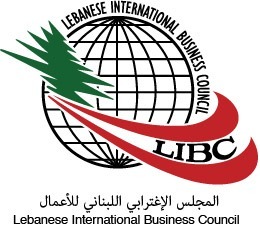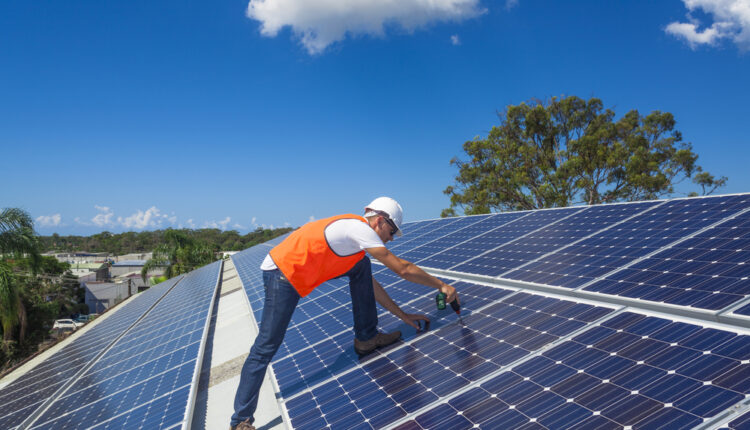Installed solar power in Lebanon is set to double this year
Around 9.45 megawatts (MW) of solar photovoltaic (PV) systems were installed by the end of last year, according to the first Solar PV Status Report for Lebanon 2015.
The study was conducted by the Small Decentralized Renewable Energy Power Generation (DREG) project.
Jil Amine, Project Manager of DREG, said: “Last year saw a growth rate of 150 percent compared to 2014. We estimate that this year, growth will be upward of 200 percent.”
Total investment in the solar PV sector up to the end of 2015 reached around $31 million.
The PV electricity capacity by the end of last year was half a percent of Electricité du Liban’s (EDL) total electricity capacity. It was only 0.11 percent of EDL’s total annual electricity generation. With solar PV added to hydropower, the renewable energy’s share of the total annual electricity generation by EDL is 4.1 percent.
The number of new solar PV projects increased from 18 in 2011 to 259 in 2015.
PV projects are now four times bigger. The year-on-year growth rate of the solar PV capacity increased to 149 percent in 2015. The average size per project increased from five kilowatt peak in 2010 to 21 kilowatt peak in 2015.
“We are even seeing bigger projects this year,” Amine said.
The turnkey price for solar PV has been falling steadily year after year from $7,178 per kilowatt peak (KWp) in 2010 to $2,675 KWp in 2015. This constitutes a price drop of 63 percent in the span of six years.
The top four sectors leading the solar PV market are the commercial sector with two megawatts peak (MWp) at 22 percent, the residential and agricultural sectors with 1.7 MWp at 18 percent each, and the industrial sector with 1.6 MWp at 17 percent.
“The industrial sector could benefit the most from renewable energy and energy efficiency applications because energy is one of their highest operational costs,” Amine said.
The top three project types in the solar PV market are hybrid, 40 percent, on-grid with batteries, and PV pumping at 17 percent each.
The estimated monetary savings from all solar projects grew from $191,000 per year in 2010 to seven million dollars per year in 2015. These are the savings reaped by the operators of PV systems by deferring a portion of their electricity consumption from the national grid and diesel ‘gensets’ (generator sets) to PV electricity generation.
The estimated emissions savings from all solar PV projects increased from 351 tons of carbon dioxide per year to 18,000 tons in 2015.
More than 40 companies participated in DREG’s survey.
Source: businessnews.com.lb


